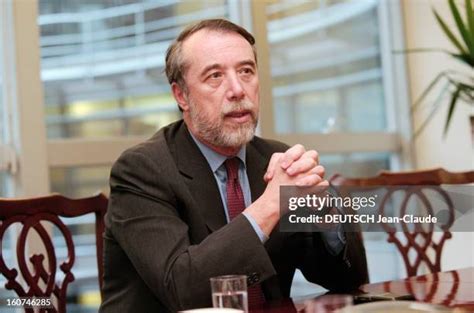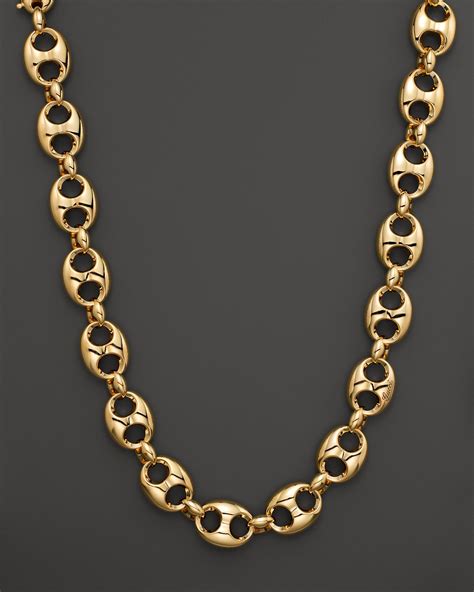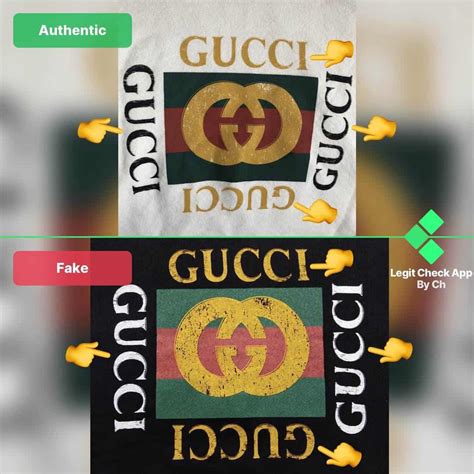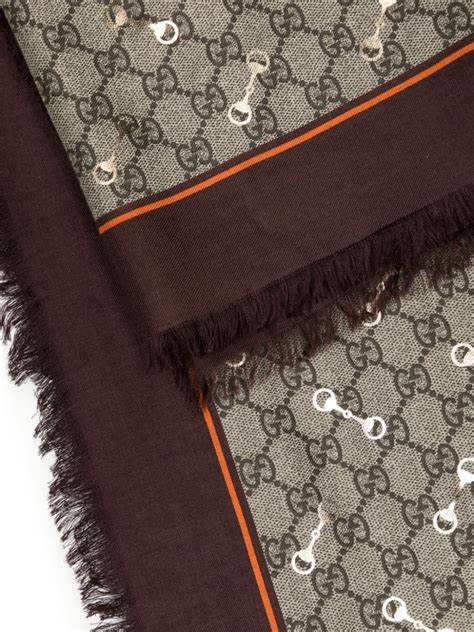lv group brands | all brands owned by lvmh
$189.00
In stock
The name LVMH resonates with prestige, exclusivity, and unparalleled craftsmanship. It's a global powerhouse synonymous with luxury, dictating trends and setting benchmarks across fashion, beauty, wines & spirits, and more. But what exactly are these brands owned by this retail giant? In our post today, we’ll be taking an in-depth look at each of the labels within the illustrious LVMH empire — from Louis Vuitton to Marc Jacobs, exploring their history, significance, and contribution to the overall success of the world's leading luxury goods conglomerate.
Understanding the LVMH Acronym and its Significance
Before diving into the individual brands, it’s crucial to understand the acronym LVMH itself. It stands for *Louis Vuitton Moët Hennessy*. This seemingly simple combination represents the merging of two powerful entities in 1987: Louis Vuitton, the iconic leather goods and fashion house, and Moët Hennessy, a leading producer of champagne and cognac. This strategic alliance marked a significant shift in the luxury goods industry, creating a diversified portfolio under one umbrella and paving the way for future acquisitions and expansion.
The Architect Behind the Empire: Bernard Arnault
The driving force behind LVMH's phenomenal growth is Bernard Arnault. Often referred to as the "wolf in cashmere," Arnault is the Chairman and CEO of LVMH, and his strategic vision and aggressive acquisition strategy have transformed the company into the global behemoth it is today. His keen eye for identifying and nurturing promising brands, coupled with his unwavering commitment to quality and innovation, have been instrumental in LVMH's dominance. Understanding Bernard Arnault’s influence is key to understanding the ethos and direction of the entire group. His personal "Bernard Arnault brands list" essentially mirrors the entire LVMH portfolio, reflecting his direct influence and oversight.
Louis Vuitton: The Flagship Brand and its Enduring Legacy
No discussion about LVMH can begin without acknowledging Louis Vuitton. It's the crown jewel of the empire, representing a legacy of craftsmanship, innovation, and timeless elegance.
* Lv Brand Full Name: Louis Vuitton Malletier
* Lv Brand Meaning: The name itself refers to the founder, Louis Vuitton, a trunk-maker who revolutionized travel with his flat-topped trunks. The brand embodies the spirit of travel, adventure, and sophisticated style.
* Lv Brand Full Form: While "LV" is the common abbreviation, the full form is simply "Louis Vuitton."
* Lv Brand Owner: Officially, Louis Vuitton is owned by LVMH Moët Hennessy Louis Vuitton SE. However, Bernard Arnault, as the Chairman and CEO of LVMH, ultimately controls the direction and strategy of the brand.
* Lv Official Website: www.louisvuitton.com
Louis Vuitton’s iconic monogram, initially created to combat counterfeiting, has become a symbol of luxury and status recognized worldwide. Beyond its leather goods, Louis Vuitton has expanded into ready-to-wear, shoes, accessories, and even fragrances, consistently pushing boundaries while staying true to its heritage of quality and innovation. The brand's ability to collaborate with renowned artists and designers, such as Takashi Murakami and Yayoi Kusama, has further solidified its position as a leader in the fashion industry.
The Expansive Universe of LVMH Brands: A Comprehensive Overview
LVMH's portfolio is meticulously structured into six key sectors:
1. Fashion & Leather Goods: This sector represents the core of LVMH's business and boasts some of the most prestigious names in the industry.
* Louis Vuitton: As discussed above, the flagship brand.
* Christian Dior Couture: Renowned for its haute couture and ready-to-wear, Dior embodies Parisian elegance and femininity.lv group brands
* Celine: A brand known for its minimalist aesthetic, sophisticated tailoring, and high-quality leather goods.
* Loewe: A Spanish luxury brand with a rich history in leather craftsmanship, now celebrated for its modern designs and artistic collaborations.
* Givenchy: A French fashion house known for its elegant and edgy designs, with a strong focus on tailoring and craftsmanship.
* Fendi: An Italian luxury brand famous for its fur, leather goods, and innovative designs, particularly its iconic "Baguette" bag.
* Marc Jacobs: A contemporary American designer brand known for its playful and eclectic designs, offering a wide range of apparel, accessories, and fragrances.
* Kenzo: A Japanese-French fashion house known for its vibrant colors, bold prints, and fusion of Eastern and Western aesthetics.
* Loro Piana: An Italian luxury brand specializing in high-quality cashmere and wool products, renowned for its exceptional craftsmanship and timeless elegance.
* Patou: A revived French fashion house known for its elegant and sustainable designs, focusing on ready-to-wear and accessories.
* Off-White: (Majority Stake) A streetwear-influenced luxury brand founded by Virgil Abloh, known for its deconstructed designs and collaborations.
2. Perfumes & Cosmetics: LVMH is a significant player in the beauty industry, owning some of the most coveted perfume and cosmetic brands.
Additional information
| Dimensions | 8.4 × 1.9 × 3.3 in |
|---|









